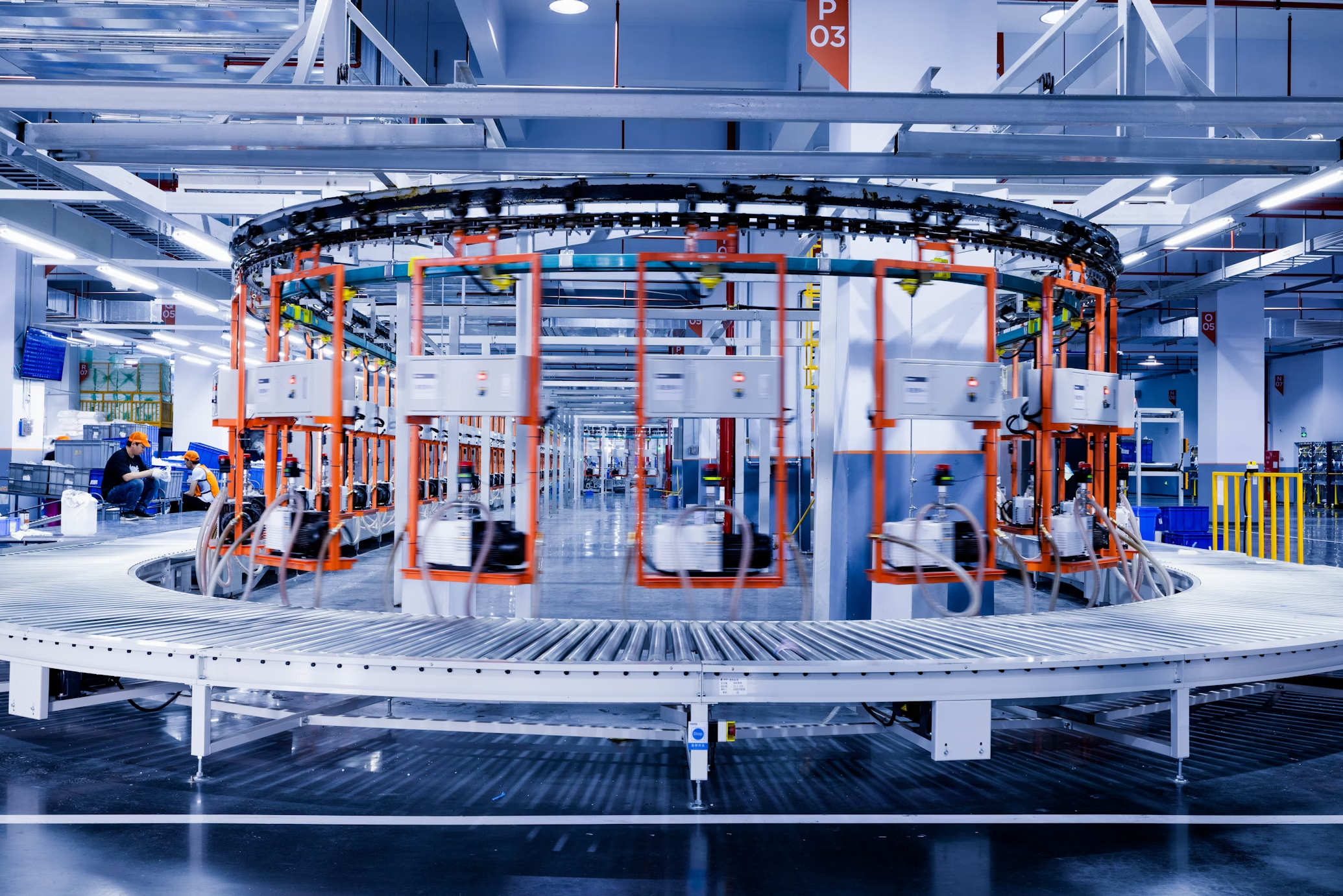
Manufacturing engineering is a diverse and dynamic field central to developing and producing products that drive industries worldwide. A manufacturing engineer is responsible for designing, operating, and improving production processes. The field offers various career opportunities, combining mechanical, electrical, and industrial engineering elements with a focus on optimizing efficiency and quality. A career in manufacturing engineering provides the chance to work on cutting-edge technology, improve industrial processes, and contribute to creating products that impact daily life.
Educational Path and Entry-Level Opportunities
To begin a career in manufacturing engineering, individuals typically need at least a bachelor’s degree in manufacturing engineering, mechanical engineering, industrial engineering, or a related field. Many universities offer specialized manufacturing systems, automation, quality control, and production management courses.
Internships or co-op programs during college can offer valuable hands-on experience, allowing aspiring engineers to gain practical knowledge while still in school. These programs often serve as stepping stones to full-time positions after graduation. Entry-level roles may include Manufacturing Engineer, Process Engineer, or Quality Engineer positions. These positions typically involve supporting senior engineers in analyzing production processes, identifying inefficiencies, and suggesting improvements to reduce waste, costs, and time.
Mid-Level Career Growth: Specialization and Responsibility
After gaining some experience, manufacturing engineers can specialize in areas such as automation, robotics, or supply chain management. These engineers may also take on more leadership responsibilities, such as supervising teams, managing projects, or overseeing production lines.
The role of a manufacturing engineer can evolve depending on the needs of the company or industry. For instance, an engineer might focus on improving the design and functionality of manufacturing equipment or be responsible for streamlining the manufacturing process. At this stage, many professionals use advanced technologies, such as computer-aided design (CAD) software, enterprise resource planning (ERP) systems, and simulation tools to analyze production systems.
Mid-career professionals may also find opportunities in consulting or moving into managerial roles, where their expertise can guide larger teams and influence the strategic direction of manufacturing operations.
Advanced Career Path: Leadership and Innovation
Those who continue to advance in their careers can pursue several paths. Senior manufacturing engineers often take on the roles of Engineering Managers, Plant Managers, or Directors of Manufacturing Operations. These leadership positions require deep technical knowledge and strong interpersonal and organizational skills, as they involve overseeing teams, managing budgets, and making strategic decisions about the manufacturing process.
At the highest level, some manufacturing engineers shift into research and development (R&D), working on innovations that can revolutionize production processes. This can include developing new manufacturing technologies, implementing Industry 4.0 solutions like the Internet of Things (IoT) and artificial intelligence, or improving sustainable manufacturing practices to reduce environmental impact.
Industry Opportunities and Market Trends
Manufacturing engineering is a broad field that spans various industries, from automotive and aerospace to electronics and consumer goods. Different sectors offer different challenges and opportunities. For example, automotive manufacturers may require engineers to focus on robotics and assembly line optimization, while the semiconductor industry may need experts in precision manufacturing and cleanroom environments.
As global markets become increasingly competitive, manufacturing engineers must adapt to new trends. The rise of smart factories, automation, and digitalization has transformed the role of manufacturing engineers. Introducing advanced technologies like robotics, 3D printing, and artificial intelligence requires engineers to upskill to stay ahead of industry needs continually.
Manufacturing engineers must also consider the growing demand for sustainability. Green manufacturing, which focuses on reducing waste, energy consumption, and emissions, has become a key area of focus. Engineers working in this space are responsible for finding innovative ways to reduce the environmental impact of manufacturing processes, contributing to a more sustainable future.
Key Skills for Success in Manufacturing Engineering
To be successful in manufacturing engineering, professionals must possess a blend of technical and soft skills. Technically, they must have a solid understanding of engineering principles, production systems, materials science, and quality control methods. Familiarity with tools like CAD, ERP, and simulation software is crucial in today’s fast-paced manufacturing environments.
In addition to technical expertise, strong problem-solving and critical thinking skills are vital for identifying and addressing production challenges. Practical communication skills are also essential, as manufacturing engineers often work in teams with other engineers, operators, and managers to resolve issues and implement solutions.
Project management abilities are increasingly crucial for mid-to-senior level engineers, who are frequently tasked with overseeing large projects, managing budgets, and meeting deadlines. As manufacturing engineering becomes more globalized, cultural awareness and the ability to work in diverse teams are also becoming valuable assets.
A Rewarding and Growing Career
The career path in manufacturing engineering offers both exciting challenges and significant rewards. From entry-level positions to senior leadership roles, there are ample opportunities for career growth, specialization, and innovation. Engineers in this field have the chance to work on cutting-edge technologies, contribute to sustainable manufacturing practices, and help shape the future of production systems. As the manufacturing sector continues to evolve, the demand for skilled engineers will only grow, making it a promising and stable career choice for those passionate about problem-solving and technological advancement.